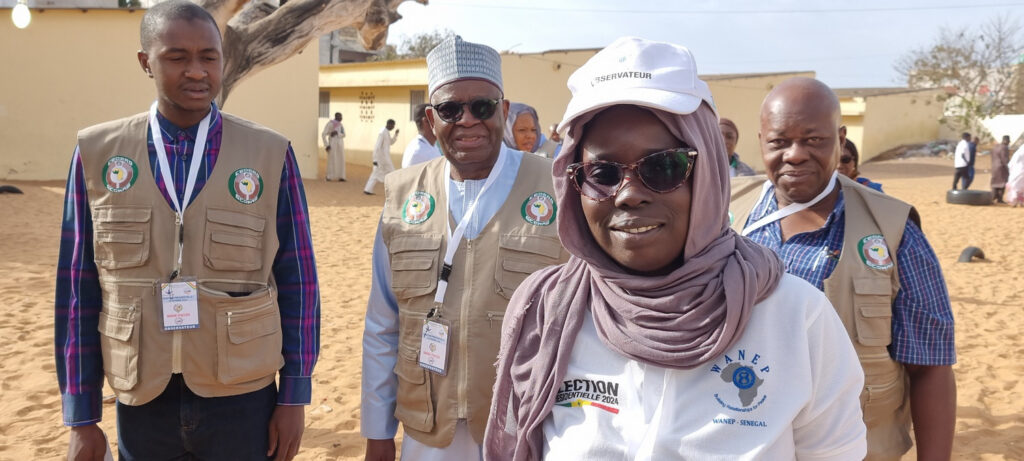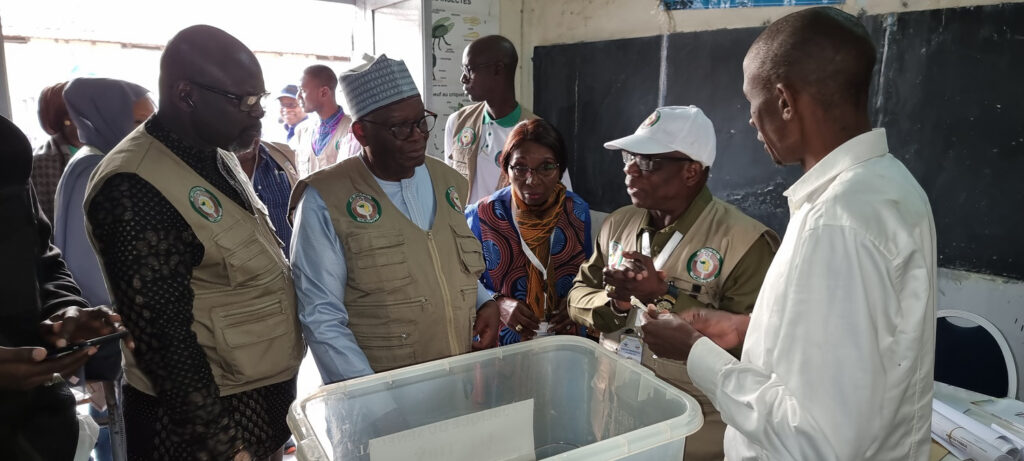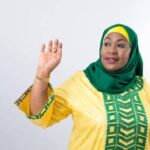Senegal went to the polls last Sunday and ECOWAS commission has commended them for peaceful presidential elections.
The commission in its preliminary report said: On the Election Day, the Mission deployed 130 observers, grouped into 57 teams, across the length and breadth of the country, in al the 14 regions and 31 out of the 46 Districts. The 57 teams covered a total of 1140 Polling Stations.
The ECOWAS observers said they witnessed the opening at 57 Polling Stations countrywide.
It said: “Generally, all the 57 polling stations visited at the start of the poll opened within half an hour of the official opening time of 08:00 am. No significant delays were recorded at the start of the poll, as voting materials and polling agents arrived ahead of the opening of the poll.”
They observers report that 91.84% of the polling stations opened on time, whilst 8.16% of the polling stations visited opened within 15 to 30 minutes after 08:00 am.

According to the Mission the polling process generally proceeded smoothly and in a largely peaceful atmosphere. It said “Eligible voters were able to freely exercise their franchise without hinderance, even though there were some polling stations (28.13%) which were not easily accessible to physically challenged persons, particularly the aged and persons living with disabilities (PWDs).”
“The Mission commends the electoral management bodies and their officers for their efficient conduct and coordination, which facilitated the smooth voting process on the election day.”
“The ECOWAS Election Observation Mission welcomes the gracious gestures of the Government’s official candidate, candidate Amadou Ba, and the outgoing President, H.E. Macky Sall, who congratulated the President-Elect, Bassirou Diomaye Faye, even before the official declaration of preliminary results. This contributed to further thawing tensions and promoting national reconciliation.”
“The Mission also commends the Government of Senegal, the Ministry of Interior, the CENA, the republican institutions, civil society organisation, women’s organisations, youth groups, and the entire people of Senegal for their courage and determinations to preserve the democratic credentials of the country, especially the commitment to the rule of law, as well as peaceful and credible election, the outcome of which would clearly reflect the will of the electorate.”

The mission believes that even while welcoming the remarkably peaceful and inclusive outcomes of the electoral process, the ECOWAS Election Observation Mission noted certain processes and practices that would require a review to further strengthen the electoral framework.
They describe these as shortcomings, which would be subsequently discussed with the competent authorities of Senegal include, but not limited to:
a. The need to review the Parrainage (sponsorship) system to make it more transparent and equitable, in particular, the draws of straws to determine positioning of would-be candidates and the software used to process the system.
b. The need to properly manage perishable electoral materials, in particular the unused ballot papers to prevent the potential abuse and corruption of the voting process.
c. The need to adopt a unique ballot paper which would contain all candidates to reduce the cost of procurement of ballot papers.
d. The need to review the costs of elections by considering limits to campaign financing, declaration of assets by candidates and the coupling of elections. (The Mission was informed that the concluded electoral process officially cost 14 billion Francs CFA).
e. The need to make adequate provision of facilities to enable physically challenged persons access the polling units.
f. The need to consider further gender-inclusivity measures to encourage greater women’s participation as candidates in future Presidential elections. The just-ended Parrainage system eventually returned only one female candidate out of 19.
“The Mission will continue to closely observe the concluding phases of the electoral process, ni particular the aggregation, collation, and announcement by the CENA, and the validation of the results by the Constitutional Council”, it added.
Nineteen candidates were on the presidential ballot, including the only female candidate, Anta Babacar Ngom, but two dropped out to back Faye. Some 7.3 million Senegalese were eligible to vote in the election but it is not clear how many voted in the end.
A formal announcement of Mr Faye’s victory is expected to be made as jubilations continue in the capital city, Dakar.









